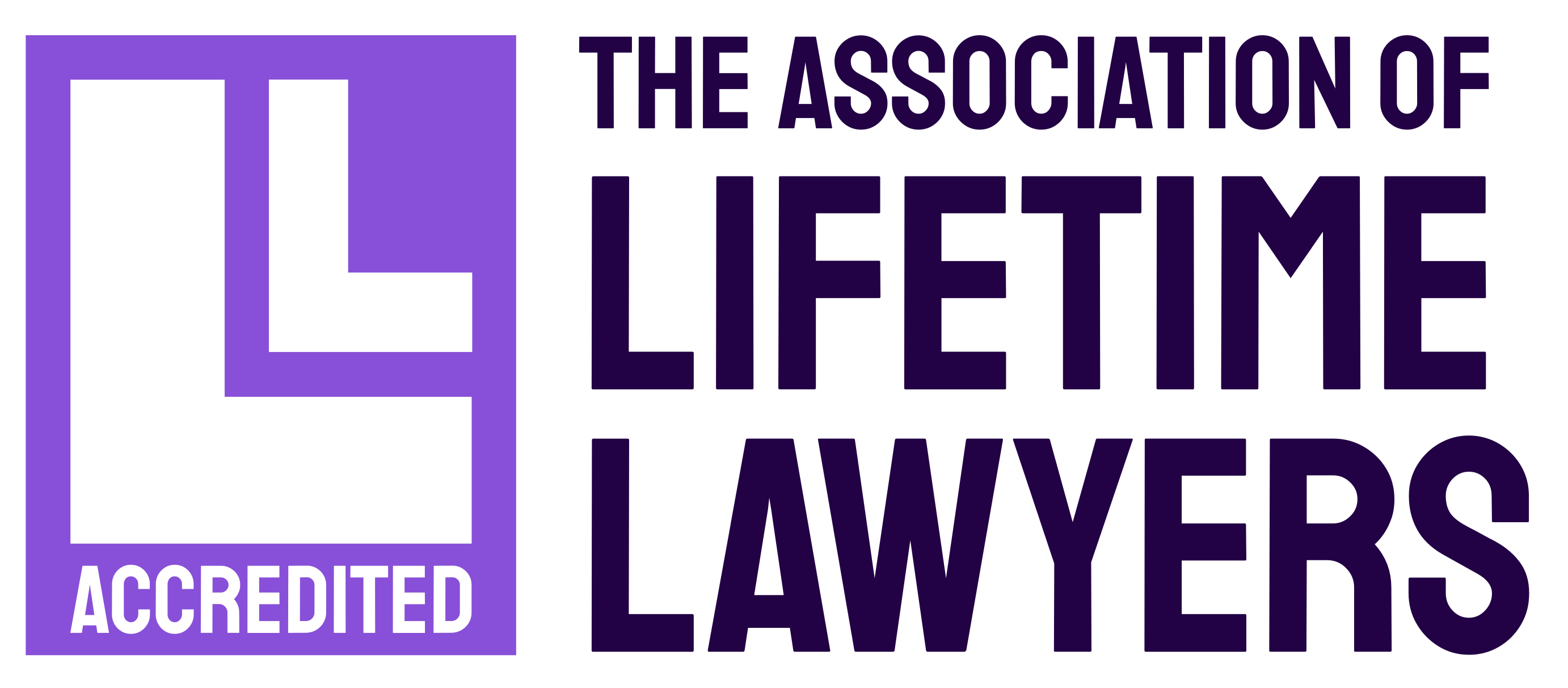News & insights
Would you rent your spare rooms to strangers?
12th April 2016

It seems the Chancellor wants to encourage us all to be micro-entrepreneurs. In his latest budget, George Osborne announced tax breaks for those renting out their homes or rooms on sharing holiday websites, or selling items on the internet.
Homeowners who rent out a room through the likes of Airbnb wont need to declare or pay tax on the first £1,000 they earn on the platform per year.
The move was described by Osborne as a tax break for the digital age, with at least half a million people nationwide set to benefit.
It could be good news for those who want to earn a little extra money to put towards their mortgage or their household bills, along with bringing economic benefits to communities which encourage tourism.
A quick search of Airbnb reveals rooms in Darlington from around £30 a night, rising to around £200 for a night renting an entire family home in the Durham Dales. The new tax break, set to come into force in April 2017, will benefit those with homes of their own to let, but it is not without its complications.
For those who are still paying off their mortgage, it may be that their lender will not give them permission to let out the property for a week or two.
Lenders generally tend to be lenient when it comes to owners renting out rooms, providing that they are still living in the property so they can keep an eye on tenants. However, they are more stringent on the rules for those who rent out their entire property for the weekend or when they are on holiday themselves.
Those with second homes, which have been bought with buy-to-let mortgages also usually have restrictions on letting out homes to holidaymakers rather than long-term tenants.
Even those lenders who do allow holiday lets are likely to charge a fee to homeowners for the privilege, which will eat into their bottom line.
There are also insurance implications. If you don’t tell your insurer that you are renting out your home, then you could have claims turned down, but if you do tell them, then your premiums may increase. You also need to think about what would happen if a holidaymaker injured themselves on your property. Who would be liable?
But, could income from sharing your home help you to get a first mortgage, or to re-mortgage? Every mortgage lender has different criteria, but many wont take into account lodgers income as part of an application.
The new rules may well cause more people to consider taking in holidaymakers or business travellers, but they are most likely to benefit those who already own their home outright, who dont need to inform or check with their lender before going ahead and offering a room or entire home to let. It can be a great way to supplement retirement income, particularly for those who have empty nest syndrome but arent ready to downsize, or who spend large parts of the year on holiday themselves.
Please note: This article is intended as guidance only and does not constitute advice, financial or otherwise. No responsibility for loss occasioned/costs arising as a result of any act/failure to act on the basis of this article can be accepted by Latimer Hinks. In addition, no responsibility for loss occasioned/costs arising as a result of any act/failure to act on the basis of this article can be accepted by the firm.
Martin Williamson is Head of Residential Property at Latimer Hinks Solicitors in Darlington. Latimer Hinks has a team of around 40 people serving private and corporate clients.

Martin Williamson




